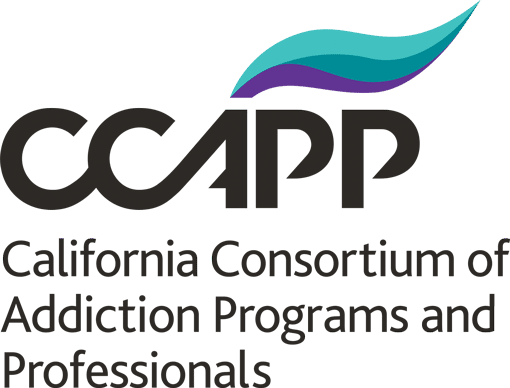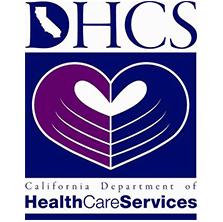Identifying if someone is suffering from trauma and/or if they warrant a diagnosis of post traumatic stress disorder (PTSD) is difficult because you can’t tell by looking at them. The symptoms of trauma can lay dormant for long periods and then recur very strongly, especially if something in the person’s life triggers the memory of the traumatic event. It is quite common for our center to treat men and women who are exhibiting symptoms of trauma in addition to their chemical dependency.
Sometimes the person is aware of the trauma they are dealing with, and sometimes they are not aware of how much they are being affected by past events. For this reason we provide a through assessment that takes into account each individual’s personal history, medical history, substance abuse history and family and social history. As we inquire about the events that precede drug or alcohol use episodes, we often uncover a link to past events that can be addressed during treatment. We have many tools to help the person address and “process” traumatic events. Our individual therapy sessions are where a lot of this work gets done, and we utilize cognitive behavioral therapy (CBT) and other modalities to address past events. We also often utilize family counseling sessions to help the entire support system heal. Our clients also benefit greatly from understanding the phenomenon of trauma and how it affects people. We provide educational activities to help that explain how to recognize when trauma is affecting oneself and what a person can do to manage the symptoms. During the entire process, all of the clinicians in our treatment program (with a high staff to client ratio) will be closely paying attention to the well-being of the individual in treatment and how they are responding to each component of treatment.
If necessary, we will also provide access to our consulting psychiatrist who can also monitor the progress of the client and prescribe medications which may assist in managing the symptoms of the trauma to help the transition to early sobriety go more smoothly.
Christian principles like practicing forgiveness are very beneficial to the person who is in recovery and dealing with traumatic events. Often, the person in treatment needs to forgive themselves as well. Sharing experiences in process group (when appropriate) and having the loving support of the familiar Christian community around them helps our clients feel secure in their decision to stay sober which is necessary to effectively process traumatic events and address the symptoms of trauma. Engaging in prayer is also a healing practice that is a part of every client’s routine during treatment at our center.
The good news is that we have more tools at our disposal than ever before to help our clients address and process trauma while remaining abstinent from drugs and alcohol. We are here for you if you would like to get more information about the treatment of trauma and PTSD, and will be happy to provide a confidential and complimentary assessment of your (or your loved one’s) drug or alcohol use and symptoms of trauma.










Are you ready to get help for you or a loved one? Request more information or get in contact with us using this form. One of our trained professionals will get in contact with you soon to get you started on your road to recovery. If you are ready to take the next step and learn more about how a Christian rehab center can aid in your recovery, feel free to reach out to us at any time. We are here to support you on your journey through drug or alcohol addiction and look forward to walking by your side with faith-based compassion.
3822 Campus Drive
Suite 100
Newport Beach,
Orange County, CA
92600